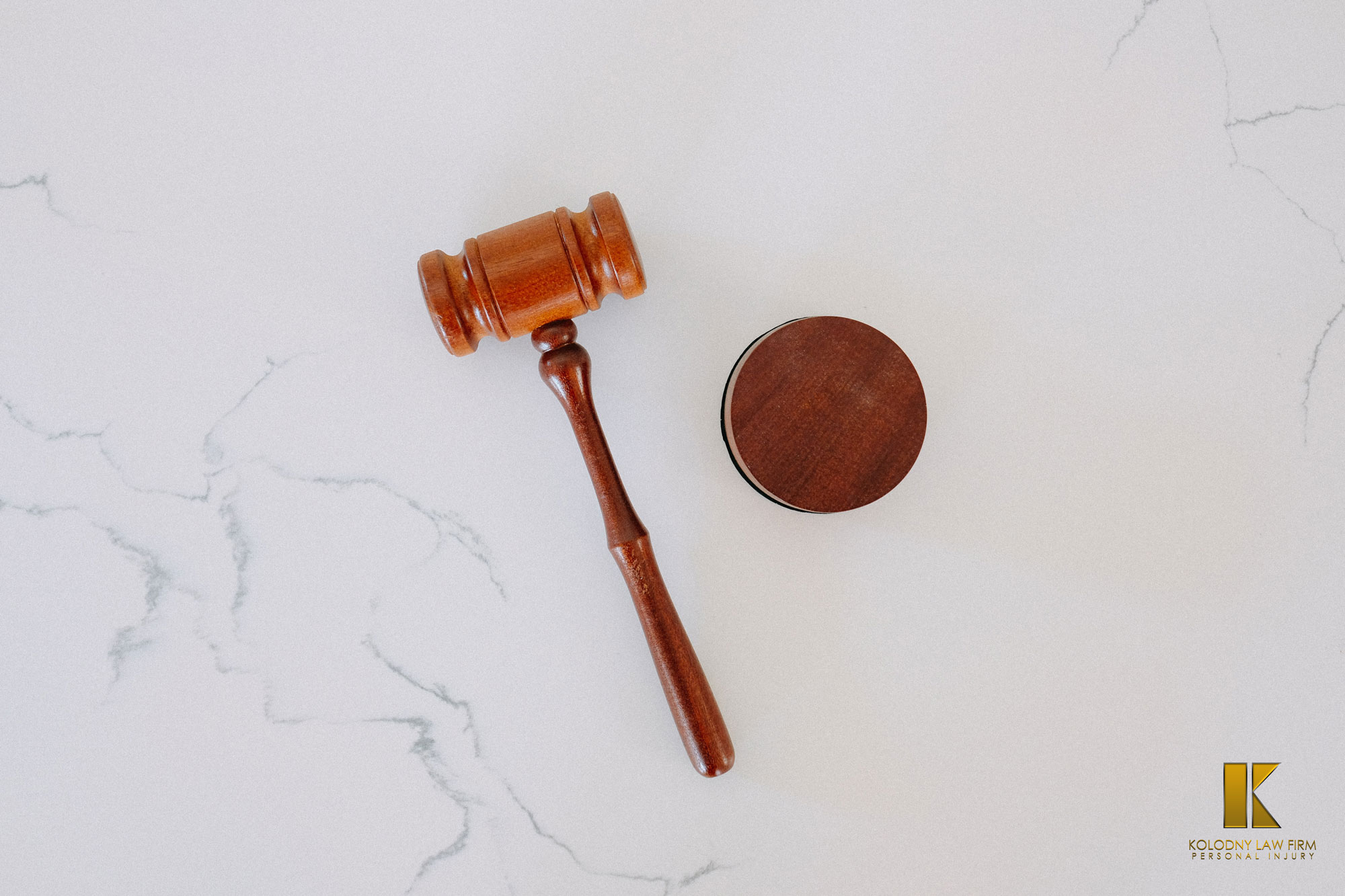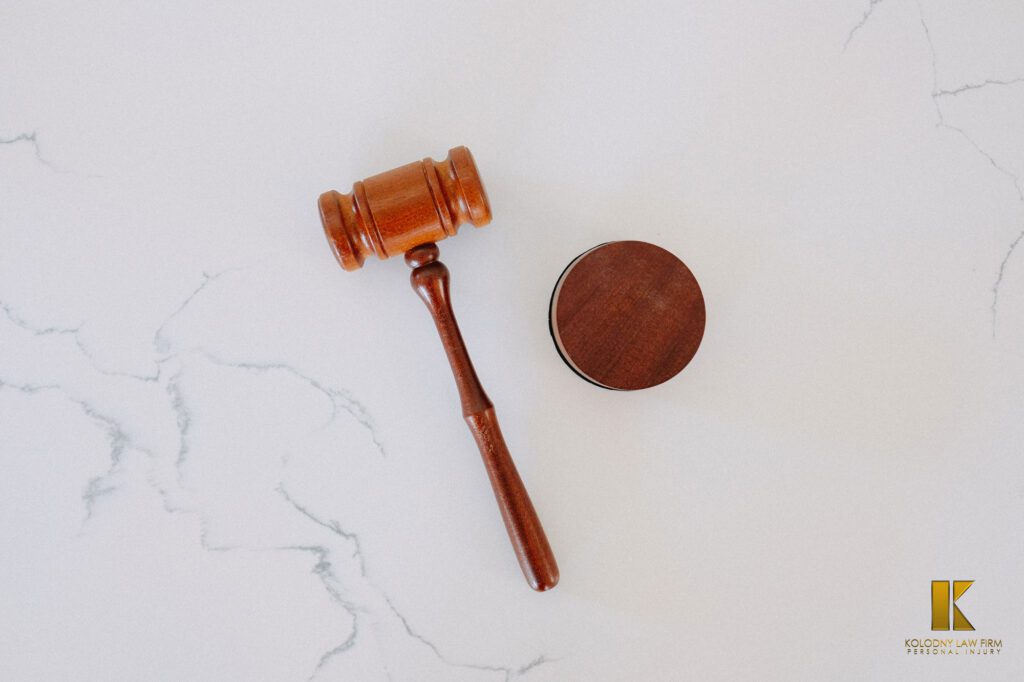
Following a serious accident, you and your family need justice, accountability, and the full financial support due to you under Texas law. A personal injury claim provides victims with a path to hold the at-fault party liable for the damages that they have caused. To hold another party responsible for your accident, you will need to be ready to produce compelling evidence. To do that, you’ll need a letter of spoliation.
One of the many challenges of personal injury law is that the relevant evidence is sometimes held by the defendant. A letter of spoliation is an important legal tool that can be used to help ensure that a defendant preserves the evidence that you may need. Here, our Brazoria County personal injury attorney explains the most important things victims should understand about letters of spoliation.
A Letter of Spoliation Puts the Potential Defendant on Notice

Simply described, a letter of spoliation is a type of legal notice that officially informs a potential defendant or other implicated third party that they may have evidence/information with relevance to your personal injury case. A well-drafted spoliation letter clearly notifies the recipient of the potential evidence and emphasizes their duty to preserve that evidence. It can be a very important tool to help ensure that relevant evidence is not lost or destroyed—either intentionally or unintentionally.
Texas Law: Adverse Inference for Failure to Preserve Evidence
Under Texas law, parties to a potential legal dispute have a general duty to make a good faith effort to preserve relevant evidence that they have in their possession. What a party violates that duty, it could have an effect on the case. As articulated in 1993 Texas appeals court case of Brewer v. Dowling, the spoliation of evidence can be rectified with an adverse inference. In other words, if a party knowingly, intentionally, or negligently fails to keep relevant evidence, the court will assume that the evidence in question was going to be unfavorable to them.
By sending a comprehensive spoliation letter in a personal injury case, you can put yourself in the best possible legal position. Doing so will help to ensure that the potential defendant is clearly aware of the evidence that they could have and their duty to preserve it. If they follow through and keep it, you can get access to that evidence. If they lose or destroy the evidence, then you may be entitled to an adverse inference in your favor.
Consult With a Personal Injury Attorney in Brazoria County, Texas
At the Kolodny Law Firm, our Brazoria County personal injury attorney is an aggressive, reliable advocate for injured victims and the people they care about most. If you have any questions about spoliation letters or the personal injury claims process in general, we can help. Contact us now for a no cost, no commitment case review. Our personal injury lawyer represents victims throughout Brazoria County, including in Pearland, Lake Jackson, Alvin, Angleton, Clute, and Manvel.

